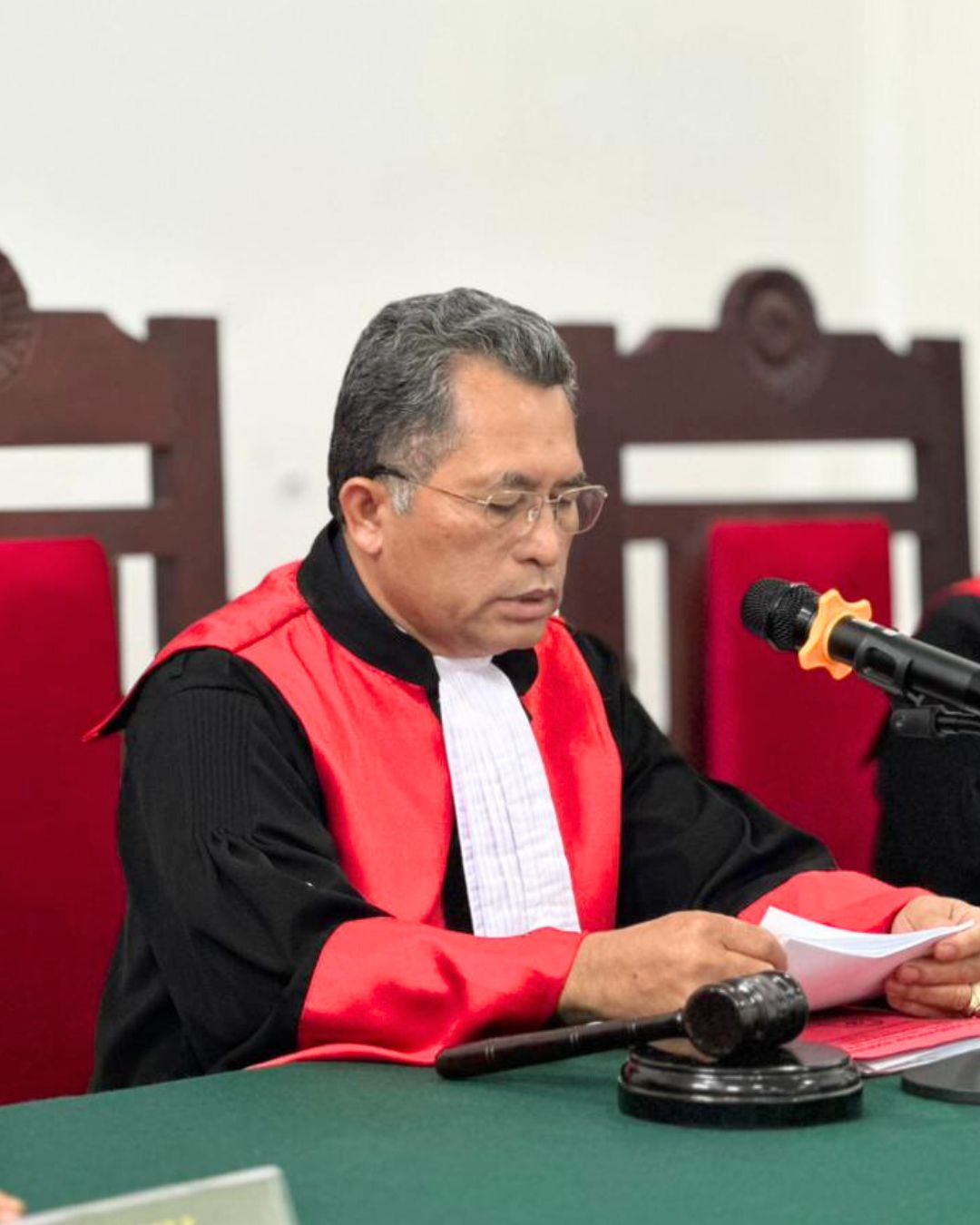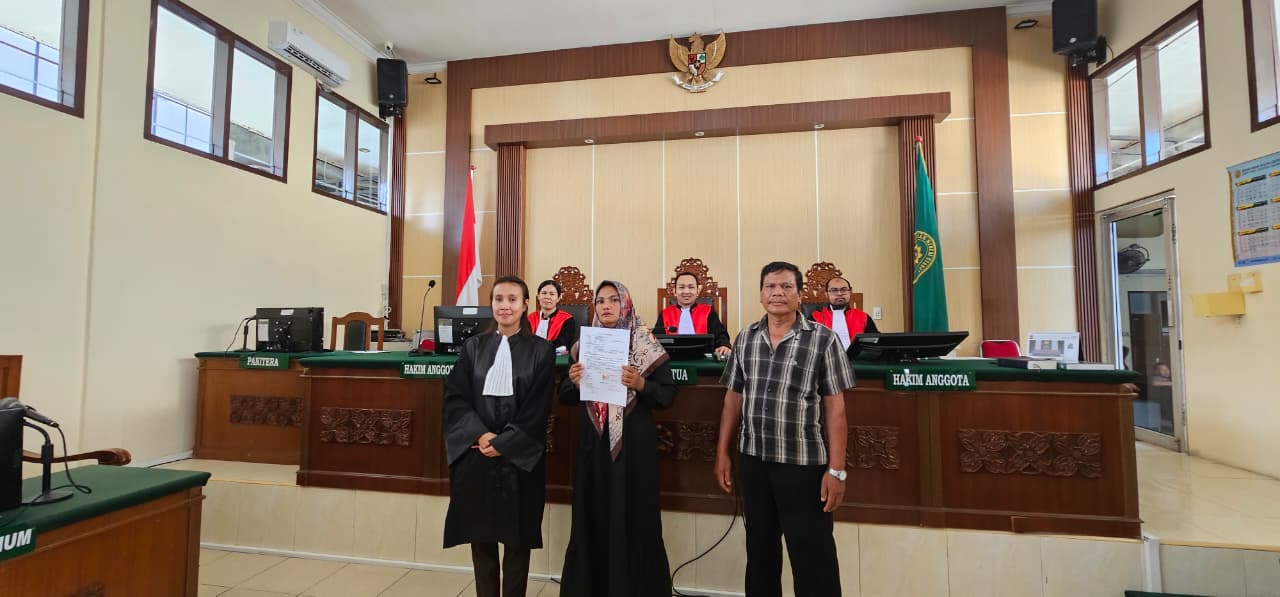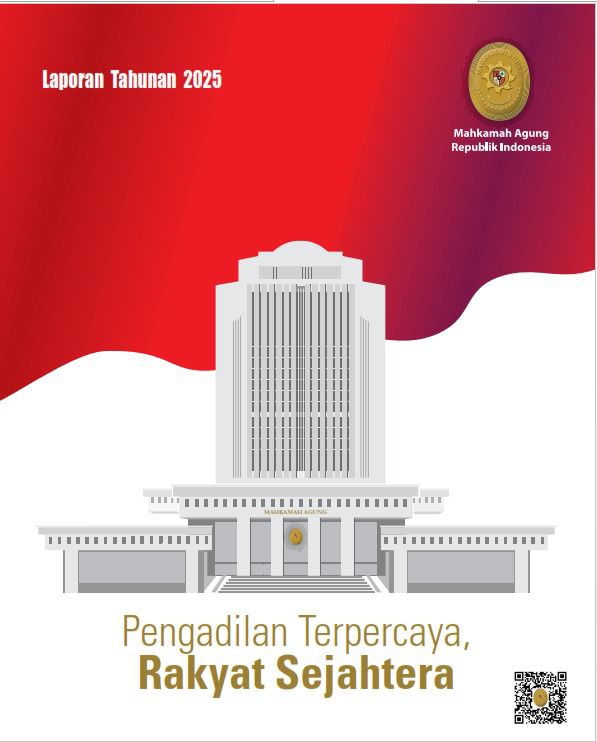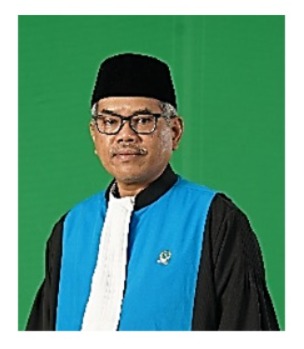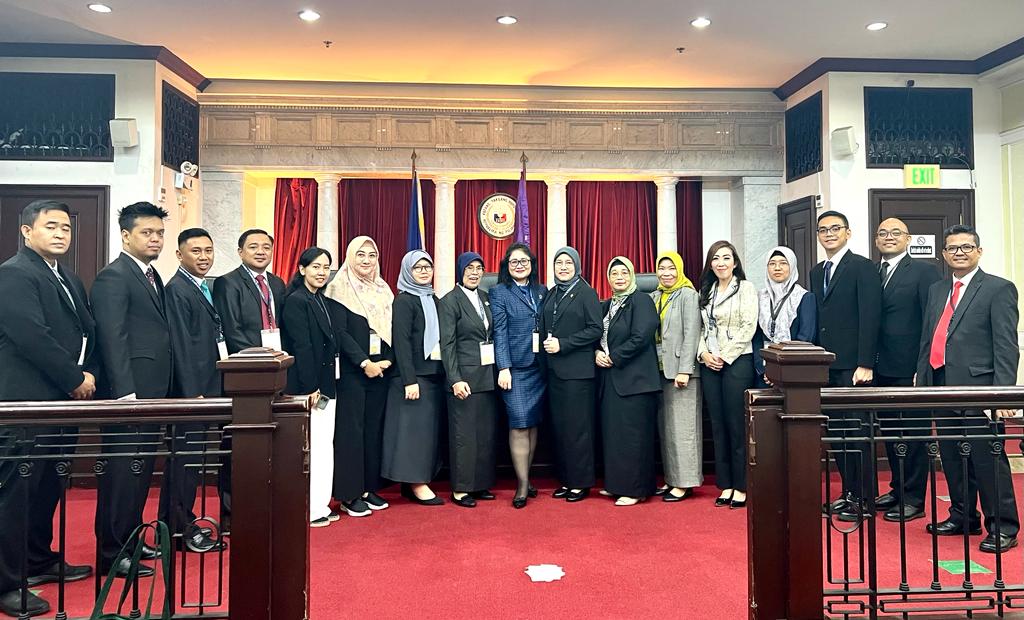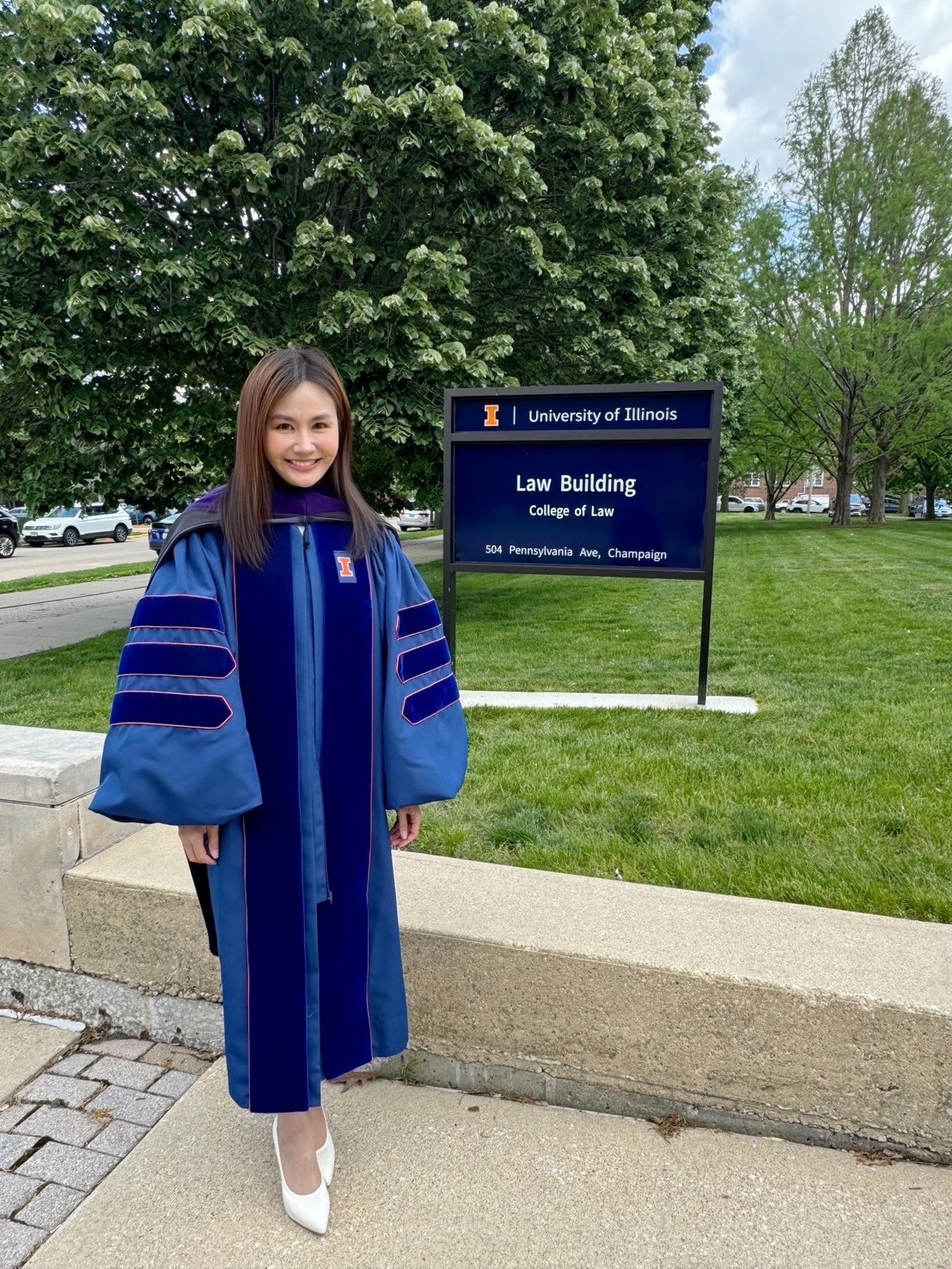Introduction
As stated in the publication of the 2010 Blueprint of the Judicial Reform of the Supreme Court of the Republic of Indonesia, which outlines the vision of the Indonesian courts and the long-term legal reform program from 2010 to 2035 for four judicial institutions below the Supreme Court, has accelerated the modernization of the judiciary in Indonesia.[1]
Since the Supreme Court Regulation Number 7 of 2022 was released, the Supreme Court finally accommodates the needs of the Indonesia society in terms of registering cases (e-Filling), estimating trial fees (e-Payment), summoning parties (e-Summons), and conducting trials electronically (e-Court).[2] Judicial modernization must also be accompanied by the readiness of the judges to keep up with the pace of the development of information technology. One of them is developments in the field of financial technology with the presence of cryptocurrencies.
Baca Juga: Menjamin Independensi Hakim: Urgensi Pengaturan Gaji dalam UUD 1945
It is a huge challenge in the digital era for the judicial sector, researcher also as judges realized that few members of the judges were familiar with the development of blockchain technology and cryptocurrencies. Nonetheless, it is possible that in practice, the application of blockchain technology and cryptocurrencies will rise to conflict, and can even be used as a new mode of money laundering crime for financing terrorism and tax evasion.
How Judges in predicting cryptocurrency issues?
Currently, the crypto asset futures trading industry is a new financial sector in Indonesia. This position also has the opportunity to be misused by criminals as an instrument for committing money laundering crimes. Based on the Sectoral Risk Assessment of crypto asset trading in Indonesia, which was prepared by PPATK together with Bappebti and the Ministry of Trade, it was stated that, inter alia, entrepreneurs and PEPs (politically exposed persons) are customer profiles that have a very high risk of becoming perpetrators of money laundering crimes.[3]
Furthermore, it also needs to be understood that cryptocurrency, in this case, its position as a crypto asset, actually has characteristics that can be recognized to ensure whether crypto assets have been misused in a criminal act or not by tracking the character of the coins. As in the table below, the types and characteristics of crypto assets will be explained:
Anonymous is an asset that cannot (difficult) be tracked. Meanwhile, Pseudo Anonymous or pseudonymity is 'traceable anonymity', where with technical procedures association of individuals (service users) can be carried out, but if transactions are traced in general, the user's identity cannot be found.[4]
The risk of misuse of crypto assets in money laundering crimes can be identified by mapping three variables, namely: (a) threats, which are based on the parties and predicate crimes that have the most potential to be exploited in money laundering by misusing crypto assets ; (b) Vulnerabilities, which are based on regulatory issues and weaknesses in crypto asset products that can be exploited by criminals to carry out money laundering; and (c) Impact, which is based on the impact on the financial system by money laundering crimes committed by misusing crypto assets.[5]
Efforts to mitigate the risk of protecting crypto accounts belonging to nominees or strawmen have been strictly regulated in Bappebti Regulation No. 5 of 2019, which contains mandatory requirements for prospective physical traders of crypto assets to implement the APU-PPT program that has been determined by Bappebti, in terms of:
To obtain approval to facilitate Customer transactions on the Physical Crypto Asset Market (vide Article 8 paragraph (1) letter e);
In the case of trading crypto assets (vide Article 12 paragraph (4));
As a requirement for using a Crypto Asset Customer Account (vide Article 12 paragraph (5)); And
To be able to operate trading activities during the registration period (vide Article and 24 paragraph (8) letter b). [6]
Therefore, after understanding the rules and characteristics of crypto assets as explained above, it will be easier for the judges to predict the type of cryptocurrency problems they will face.
How Judges in examining cryptocurrency issues?
In examining cases related to cryptocurrency, whether they result in criminal acts (follow up crime) of money laundering, pure money laundering (predicate crime), or tax evasion, judges are required to be able to understand the character of cryptocurrency and blockchain technology itself. This is explained in the section on how a judge can predict the type of crime related to cryptocurrency transactions.
At this stage, the judge must also be able to separate between general crimes and specific crimes. In other words, whether an act criminal offense is a criminal act of pure fraud, or there was a tax evasion or money laundering scheme using cryptocurrency transactions?
As in the following case example, despite Indra Kenz in his case, he had been sentenced to 10 years in prison and a fine of IDR 5 billion by the Tangerang District Court Decision Number 1240/Pid.Sus/2022/PN Tng due to declared proven to have violated Article 45A paragraph 1 in conjunction with Article 28 paragraph 1 Law Number 19 of 2016 concerning Amendments to Law Number 11 2008 concerning Information and Electronic Transactions and Article 3 of the Law Republic of Indonesia Number 8 of 2010 concerning the Prevention and Eradication of Crimes Money Laundering Crime. In fact, He wasn't declared proven to have violated since his Binomo App does not have a license from Bappebti.
Furthermore, in 2021, PT Asabri (Persero) corruption case,[7] the suspects, namely Benny Tjokrosaputro, Heru Hidayat, and Jimmy Sutopo, were alleged to have committed further criminal acts (follow-up crimes) by laundering money by buying and then storing a number of crypto assets at PT Indodax (one of a company that provides a crypto asset buying and selling platform that is registered with Bappebti as a physical crypto asset trader. In the end, those cases also declared them to have violated Corruption Crime and Money Laundering Crimes, neither cryptocurrency crimes.
From both of those cases, we can infer that the judges in those district court always declared the suspect to have violated Corruption Crime and Money Laundering Crimes, neither declared as cryptocurrency crimes
How Judges in deciding cryptocurrency issues?
Judges are still a human being who in making a decision is bound to a concrete event, while the law or statute that is used as the basis for deciding a case may be out of date with the rapid development of societal dynamics.
In cryptocurrency crimes, there are many variables that have not been regulated firmly and clearly in a legal regulation but are only regulated in the Bappebti Regulation No. 5 of 2019, even though in its implementation it has been seen that there are many modus operandi for money laundering crimes that use crypto asset transactions that can escape from the radar of law enforcement.
This is also confirmed by cases of illegal investment that are currently emerging in the public, where the perpetrators are also accused of the crime of money laundering, where they are suspected of using crypto assets to hide the proceeds of their crimes.[8]
However, this instrument is not yet fully concerned with law enforcement officials in law enforcement of money laundering. Therefore, public awareness is needed regarding the risk of money laundering crimes whose instruments use crypto assets.[9]
Finally, there is another possibility, there is a third party who receives the proceeds of the crime which are hidden or disguised by the perpetrator of the crime, whose origin is in a crypto account, which the other party knows or reasonably suspects there are proceeds of crime in the crypto account. In this case, the law is also not capable enough to regulate it. More importantly, that would show how Bappebti Regulation No. 5 of 2019 fails in successfully conceptualizing the subject matter.[10]
Suggestion
The Supreme Court of the Republic of Indonesia has to the technology development. When technology developed sometimes it may be used by the criminal. Therefore, Supreme Court has to prepare their judge to adapt this condition. Tiered socialization in the judicial context specifically concerning cryptocurrency is required immediately to support the readiness of the judges to handle cryptocurrency cases. Also, Supreme Court internal regulation regarding technology certification for judges in Writer’s opinion is a must.
Baca Juga: The Compendium of Good Practices in Adjudicating Trafficking in Persons (TIP) Cases in ASEAN
*Dandapala Managing Editor
Reference:
- The Supreme Court of the Republic of Indonesia, Blueprint of the Judicial Reform/Cetak Biru Pembaruan Peradilan 2010-203, (Jakarta, 2010).
- Supreme Court Regulation Number 7 of 2022 regarding Amendments to the Supreme Court Regulation Number 1 of 2019 regarding Electronic Administration and Trials (hereinafter referred to as SC Regulation concerning Electronic Administration and Trials)
- Muh Afdal Yanuar, et.al.
- Jack M. Balkin et.al, Cybercrime: Digital Cops in a Networked Environment, (New York: New York University Press, 2006), 169.
- Muh Afdal Yanuar, et.al.
- Muh Afdal Yanuar, et.al.
- https://www.cnbcindonesia.com/tech/20210421112844-37-239509/waduh-tersangka-asabri-diduga-cuci-uang-di-bitcoin
- Muh Afdal Yanuar, et.al.
- Muh Afdal Yanuar, et.al.
- Soonpeel Edgar Chang, et.al.
Untuk Mendapatkan Berita Terbaru Dandapala Follow Channel WhatsApp : Info Badilum MA RI

